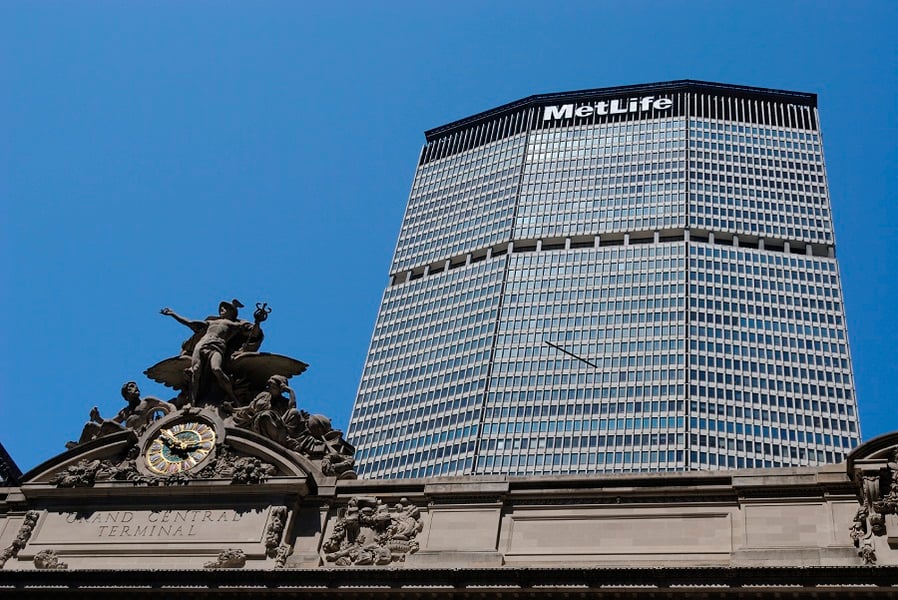

MetLife Inc. is raising its U.S. minimum wage to $20 an hour from $15 as the nation’s biggest life insurer joins the roster of firms boosting worker pay amid labor shortages.
The company said the pay bump follows a $10 million investment to enhance training and “career path development” for employees. MetLife’s last U.S. wage increase came in 2018.
The $20 rate takes effect next month, according to a spokesperson who said the insurer is hiring, particularly for customer-service and operations roles.
“By raising our minimum wage, we’re offering security and confidence to our people just as we do our customers,” Chief Executive Michel Khalaf said Thursday in a statement. “It is our employees who help us deliver on the promises we make, so their well-being is paramount.”
Companies including McDonald’s Corp. and Costco Wholesale Corp. have announced wage increases this year. Charles Schwab Corp. said Thursday that it will increase pay by 5% for most of its 32,500 employees, with the pay hike taking effect in late September.
Chipotle Mexican Grill Inc. raised its average wage to $15 an hour in May as it moved to hire 20,000 workers across the U.S. Amazon.com Inc. also announced plans in May to hire 75,000 people in the U.S. and Canada at starting pay that will average more than $17 an hour.
MetLife employs around 46,500, according to data compiled by Bloomberg. The federal minimum wage is $7.25 an hour.

Relationships are key to our business but advisors are often slow to engage in specific activities designed to foster them.

Whichever path you go down, act now while you're still in control.

Pro-bitcoin professionals, however, say the cryptocurrency has ushered in change.

“LPL has evolved significantly over the last decade and still wants to scale up,” says one industry executive.

Survey findings from the Nationwide Retirement Institute offers pearls of planning wisdom from 60- to 65-year-olds, as well as insights into concerns.
Streamline your outreach with Aidentified's AI-driven solutions
This season’s market volatility: Positioning for rate relief, income growth and the AI rebound
